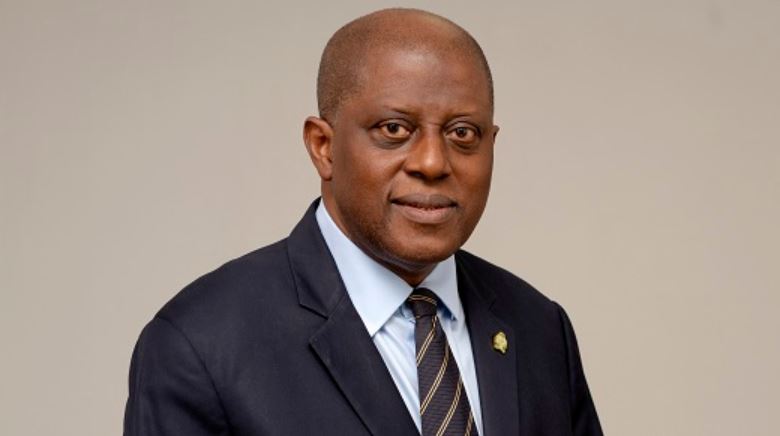The head of the Central Bank of Nigeria, Olayemi Cardoso, stated that the members of the Monetary Policy Committee are committed to taking all needed actions to address the country’s ongoing inflation issues.
The CBN’s tough position on inflation became evident during the initial MPC gathering in February, where the committee increased the benchmark lending rate by 400 basis points to 22.75 percent from 18.75 percent. The rate has since been raised to 24.75 percent.
Cardoso made these remarks in an interview with the Financial Times on Monday, indicating that interest rates will remain high for as long as required to control inflation.
He informed the Financial Times that it is highly likely that the monetary policy committee will take whatever steps are necessary to manage the soaring inflation.
“They will continue to do what has to be done to ensure that inflation comes down,” Cardoso said.
The upcoming MPC meeting is set to take place on May 20-21.
There are already forecasts of a rate increase from the committee, despite projections of rising inflation.
Meristem Securities analysts anticipate a rise in headline inflation for April to 34.43 percent year-on-year, compared to 33.20 percent YoY reported in March 2024.
Despite the current aggressive stance of the CBN, Cardoso expressed hope that high rates would not deter investment and production for an extended period.
He asserted that raising rates had been necessary.
“Increasing interest rates has had a moderating effect on the foreign exchange market, so that has started to decrease. It’s not a situation where you lose on one side and gain on the other,” he said.
Regarding recent fluctuations in the naira, Cardoso stated that investors, who were likely to leave the economy due to currency fluctuations, are now more confident with the market.
In the continuation of the interview with FT, Cardoso mentioned that the central bank will revert to traditional monetary policies, stating, “Let's be realistic: for a long time, the CBN did not adopt traditional monetary policies. We want to return to using traditional methods, and it will lead us to where we want to be.”



